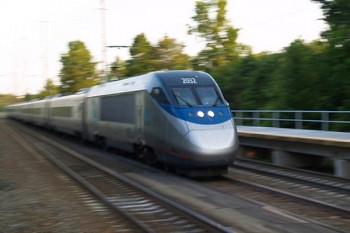On September 25th, 2013, a 38,000-volt feeder rail line failed, prompting an outage spanning eight miles, in Mount Vernon, New York. The backup system in place to prevent this outage was unresponsive, which caused government officials to request a full investigation of the system. A recent report from the Virginia based American Society of Civil Engineers delineates the number of significant power outages in the country, which rose from 76 to 307 from 2007 to 2011. “The electric system in general in this country is older and it is being used in a higher capacity,” claimed Ruth Johnson, vice president of engineering at High Energy Inc. and member of the Institute of Electrical and Electronics Engineers. “It’s an issue for the country in most of the infrastructure and facilities.”
Richard Ravith, who is a former New York Lieutenant Governor, also expressed the need for modern system which will satisfy the demand for rail service. Despite the urgency, there are inevitable delays. In fact, it is estimated that it would cost as much as three billion to repair and improve the New Haven railroad line, which receives significant assistance from the U.S. federal government.
The federal regulations and oversight at the FMCSA allow us to investigate why the backup systems failed to maintain a safer and more reliable future. As the investigation takes place, we must invest in our infrastructure, and finding innovative technologies, which will increase our safety and cut fuel costs.






